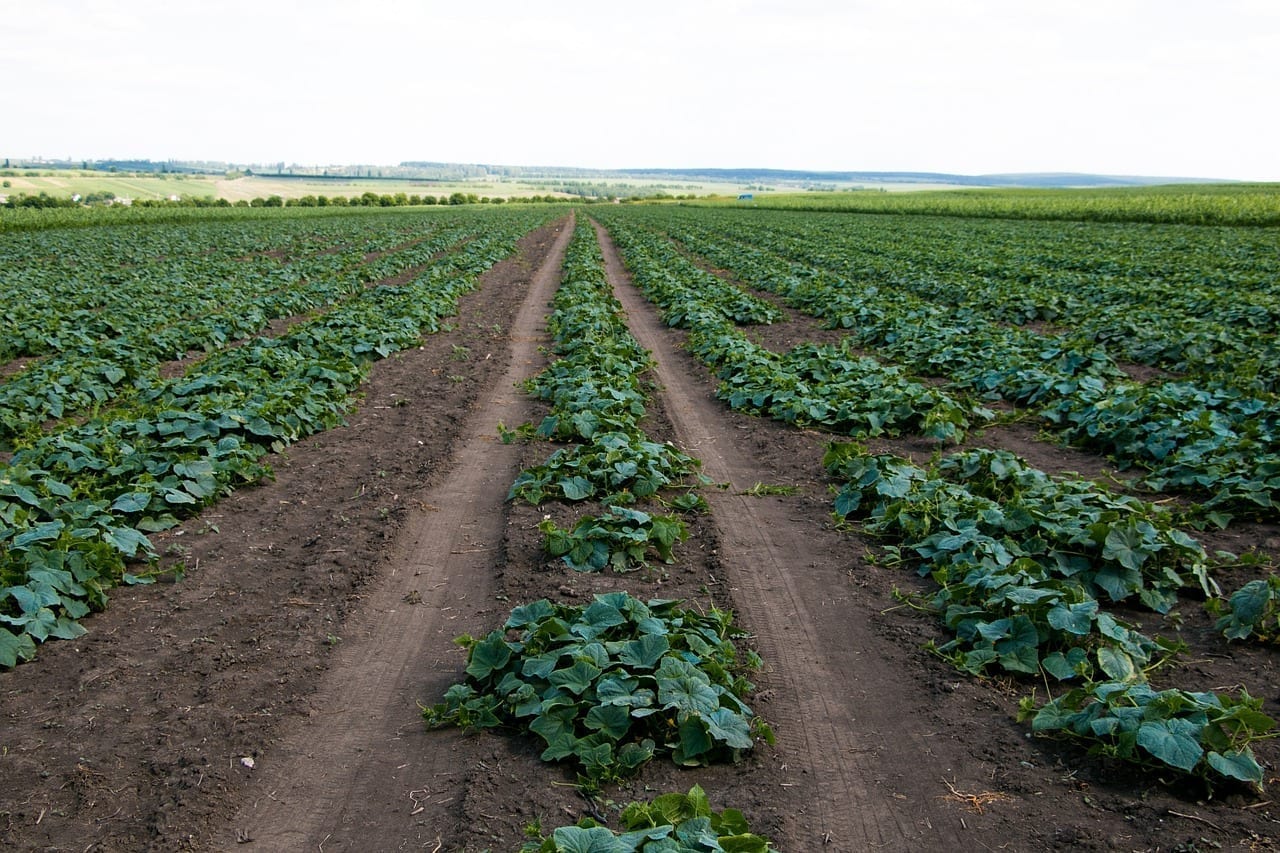Eight years after a groundbreaking civil rights case, $266 million has been allotted for the betterment of Native American farmers and ranchers.
The class action leading settled for a total of $680 million, according to The Washington Post. But much of the award when unused—far fewer people filed claims than expected, leaving the remaining amount to be disbursed by the newly-minted Native American Agriculture Fund.
The fund, reports the Post, can allocate its finances as it sees fit. Payments are set to be fulfilled within 20 years, governed by the settlement’s terms and overseen by a judge.
While the fund was approved two years ago, its creation was delayed until all appeals pertaining to the case could be cleared. A 14-member board held its first meeting at the end of July.
“This is a monumental day for Native American communities nationwide,” lead counsel Joseph M. Sellers of Cohen Milstein Sellers & Toll said. “Today we bring a landmark legal case, and hopefully with it, a regrettable part of our nation’s history to a close.”
The suit, says the Post, accused the Agriculture Department of neglecting and discriminating against Native American farmers in loan programs. Between 1981 and 1999, the department allegedly granted less relief to the indigenous than their Caucasian counterparts.While the fund now controls more than two hundred million dollars, its chair-people have said it’s imperative to plan for the long-term and exercise caution with the award’s distribution.

“All of us served on foundation boards understand how to go about developing a strategy,” said Trust Chairwoman Elsie Meeks. “We have a long way to go, but this is a national fund. With some 560 Native American tribes, this could be a drop in a bucket—which is why we have to be really smart about how we use this money.”
Meeks says some of the money could be used to assist Native American farmers and ranchers obtain federal loans. One initiative, detailed by the Post, could attempt to improve natives’ access to the $260-billion Farm Credit System. The Fund could use its leverage to reduce lender risk—a major issue for Indian Country agriculturalists, many of whom till reservation land they don’t personally own.
The Associated Press and Washington Post both note that the long-lasting class action and its 2010 payout could be extended to as many as 10,000 people.
But contrary to expectations, only 3,600 Native farmers managed to meet payout terms. They received $302 million, with another $77 set aside as surplus funding.
The unclaimed money has, in some instances, been forwarded to nonprofit organizations, many of which intend to set up scholarships, trusts and research projects for the benefit of Native American communities.
Sources
Native American trust to oversee $266 million funds
New Native American farm fund to distribute $266 million in landmark civil rights settlement


Join the conversation!